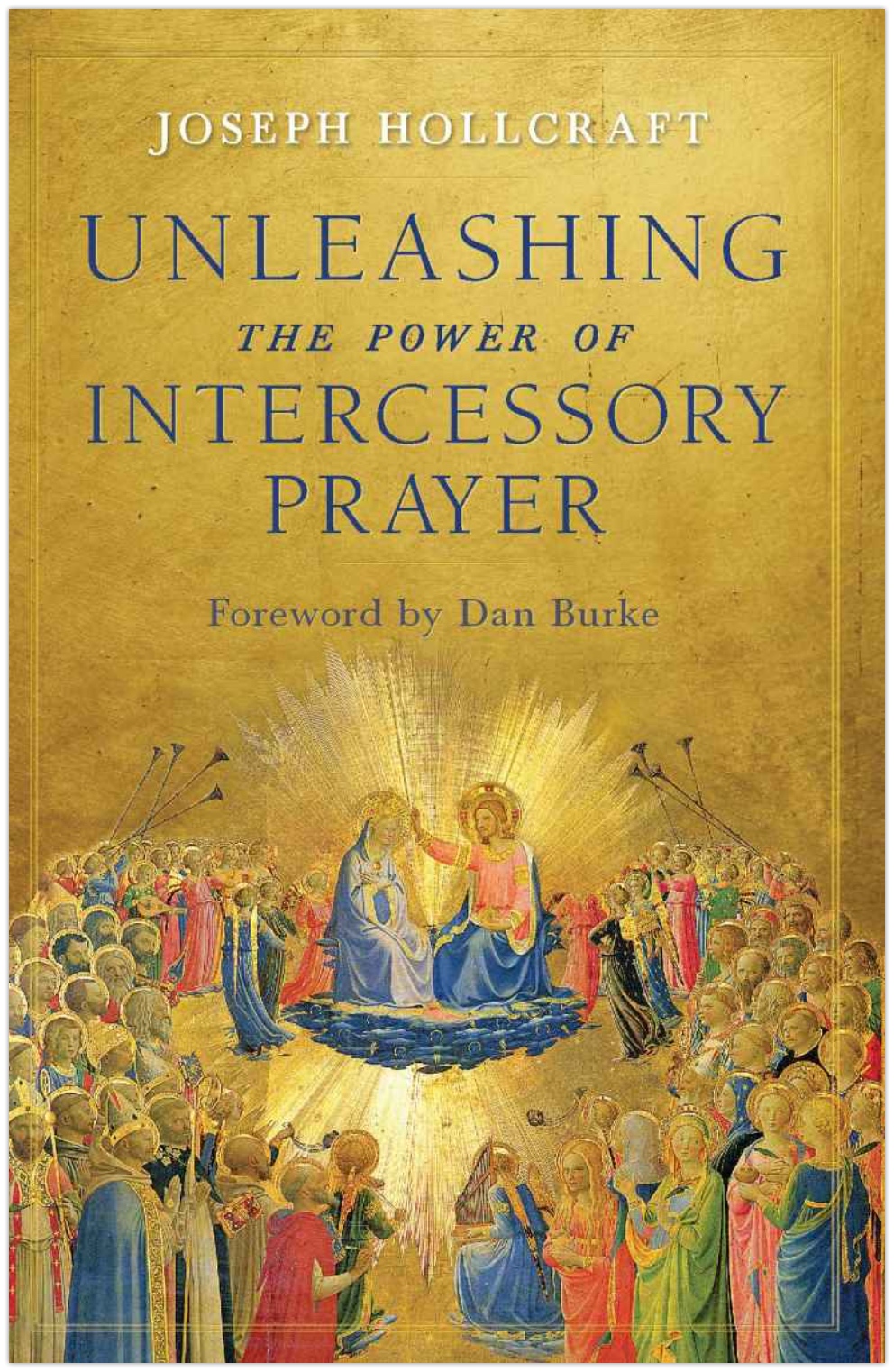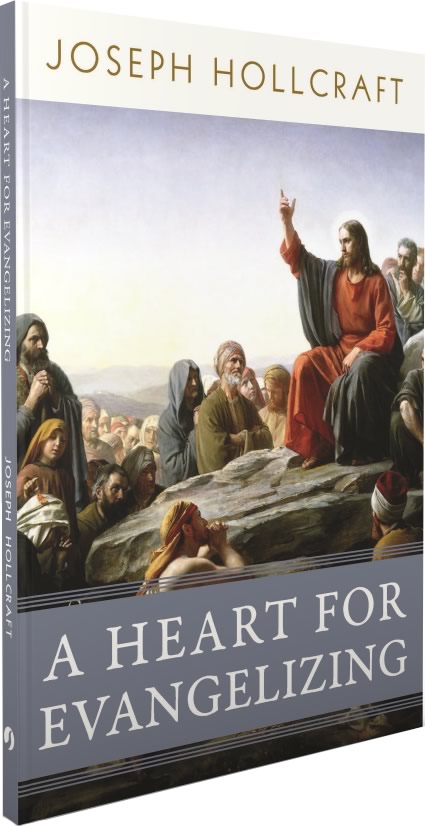Stretch for God
What is the first thing we do when we wake up in the morning—if not, before we get out of bed? Stretch (and yawn). We do this instinctively. Our bodies need to stretch after a good night’s rest, because it loosens our muscles and helps blood circulation. Stretching is more than just a morning ritual, but a part of our daily routine – especially for those who play sports or exercise on a regular basis. Doctors tells us that frequent stretching is thought to improve our flexibility, which increases the ability of a joint to move through its full range of motion. The less stretching we do, the less flexible we will become.
As we stretch both instinctively and out of our own volition, we have come to discover stretching is a good and necessary thing, but do we see the importance of stretching in the spiritual life? Sacred Scripture has much to say on the importance of stretching.
In the Bible, the power of God is found in the outstretched hands of His servants. Evidently, this reach brings freedom and salvation to his people. In the Old Testament, we see the outstretched hand of Moses bringing down the power of God in the Ten Plagues (Ex 9:22; 10:12, 21) and dividing the waters of the Red Sea (Ex 14:16, 26). In the New Testament, after Peter doubted, Jesus “stretched out His hand” to save Peter from drowning (cf. Mt 14:31). Also, we read of God’s servants, in the name of Jesus, stretching out their hands to heal and perform signs and wonders of God (cf. Acts 4:30). By virtue of the outstretched hand – God heals and restores, bringing freedom and salvation. On these points, two questions arise:
How do we respond to the good news of God reaching out to us?
What does our response mean for us in our walk with God?
First, we respond to God’s reaching out to us with our own outstretched hands. In the spiritual life, the sign of receptivity is outstretched hands. To the man with the withered hand, Jesus said: “stretch out your hand” (Mt 12:13; Mk 3:5; Lk 6:10). The man with the withered hand – willing and eager to receive God’s healing power – “stretched out” to Jesus and his hand was restored. Take notice, the action taken by the man to reach out is the external sign of holding nothing back. If we wish to be restored in God – holding nothing back, we turn our attention towards God and stretch out to Him. This turning our attention towards God is important. For insight on this matter we ought to consider the word intentional.
The word intentional comes from the Latin intendere, which literally translates as "to turn one’s attention; to stretch out." Intentional discipleship in the spiritual life begins by turning our attention towards God and stretching out to Him with open hands – ready to receive more of him. More of God translates to greater flexibility, and greater flexibility renders the soul more pliable (docile) to follow Jesus Christ, which brings us to our second question. Once we have received more of God, what does this mean for us in our spiritual journey of faith? A more distinct intentional discipleship.
An intentional disciple is someone who has not only encountered Jesus in daily prayer, but one who makes the conscious decision to follow Jesus in word and deed – bringing souls to Christ in and through the art of virtuous living.[1] The more distinct intentional discipleship is found in the ability to stretch, be wholly (holy) flexible.
What do I mean? If you are reading this as someone who is honestly striving to follow Jesus and you have had a recent encounter with a homeless soul where you have given that soul the “cold shoulder” – ask yourself: “what went wrong?” It probably had something to do with a lack of holy flexibility, which is a result of less prayer – less of God in your life. What about the phone call you receive from a loved one who needs to talk as soon as possible, and you find yourself in the middle of something you could put off? What do you do? Do you prove your spiritual elasticity by stopping what you are doing so to encounter your loved one over the phone? Intentional discipleship should never be reduced to your agenda (because it was never yours to begin with), but always open to God’s intention (Be assured, our encounters with the homeless, and a loved over the phone, is God intentionally desiring to encounter you through the poverty of others). The best discipleship is always found in the ability to be flexible.
Let us imitate the actions of Christ and do so with the words of David: “I stretch out my hands to You; My soul longs for You, as a parched land” (Psalm 143:6). In this prayer, our heart will expand in its range of motion, leaving stretch marks on our soul.
[1] This definition does include the art of evangelization and catechesis, but that is for another blog.


